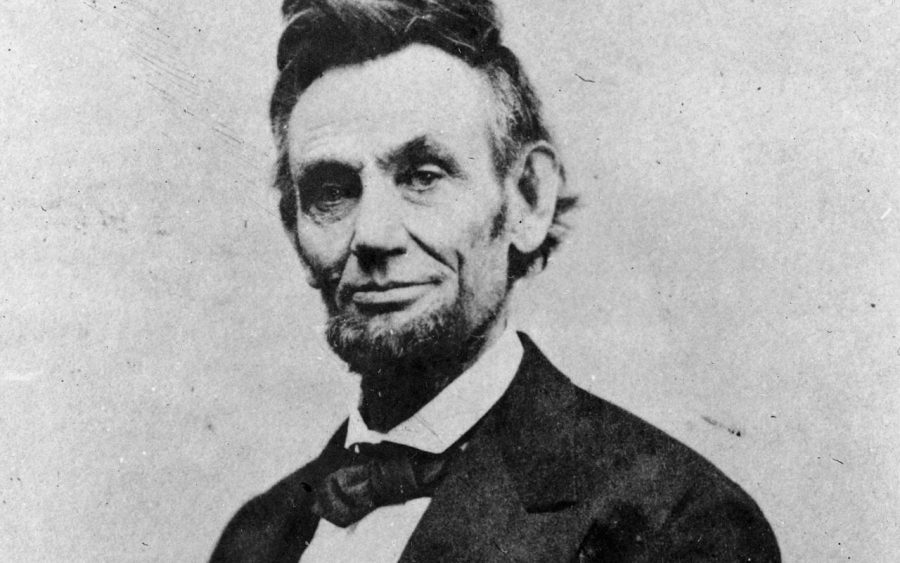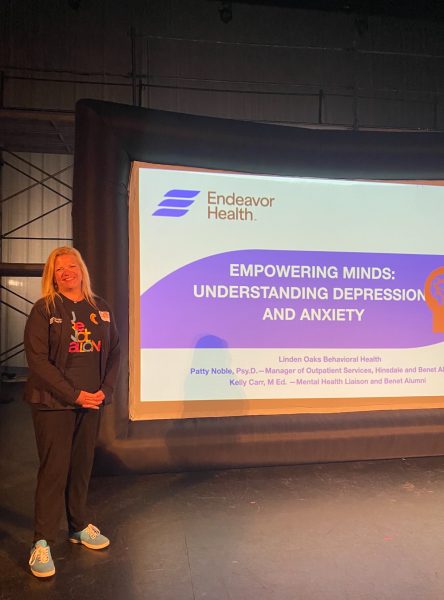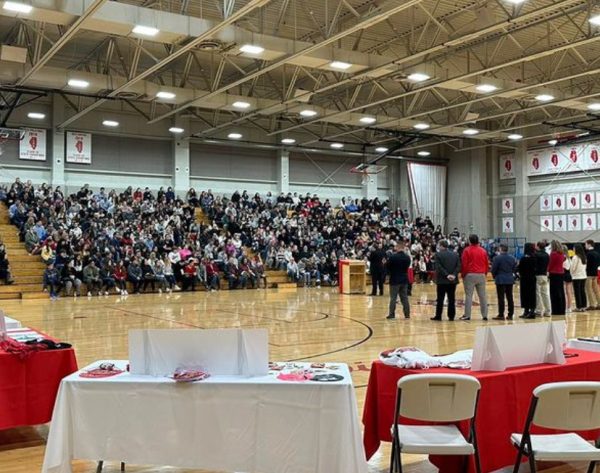Anniversary of the Assassination of Abraham Lincoln
O Captain! My Captain!
By: Walt Whitman
O Captain! my Captain! our fearful trip is done,
The ship has weather’d every rack, the prize we sought is won,
The port is near, the bells I hear, the people all exulting,
While follow eyes the steady keel, the vessel grim and daring;
But O heart! heart! heart!
O the bleeding drops of red,
Where on the deck my Captain lies,
Fallen cold and dead.
O Captain! my Captain! rise up and hear the bells;
Rise up—for you the flag is flung—for you the bugle trills,
For you bouquets and ribbon’d wreaths—for you the shores a-crowding,
For you they call, the swaying mass, their eager faces turning;
Here Captain! dear father!
This arm beneath your head!
It is some dream that on the deck,
You’ve fallen cold and dead.
My Captain does not answer, his lips are pale and still,
My father does not feel my arm, he has no pulse nor will,
The ship is anchor’d safe and sound, its voyage closed and done,
From fearful trip the victor ship comes in with object won;
Exult O shores, and ring O bells!
But I with mournful tread,
Walk the deck my Captain lies,
Fallen cold and dead.
“In the end, it’s not the years in your life that count. It’s the life in your years.” -Abraham Lincoln
On April 9, 1865, General Robert E. Lee of the Confederate Army surrendered to Union forces under the command of General Ulysses S. Grant at Appomattox Courthouse, Virginia. Lee’s defeat and Grant’s victory marked the end of the Civil War, a conflict that began when the first shots rang out against Fort Sumter almost four years earlier, on April 12, 1861. The bloodiest war in American history, the conflict led to the loss of hundreds of thousands of lives and the brutal destruction of the South’s vast estates and cities, as a merciless war of attrition was waged over the nation’s future. For the Confederacy, their dreams of independence lay shattered and their hopes for slavery dashed; for the Union, a daunting task lay ahead, as after succeeding in keeping their country together, they now had to usher in a new era for those made free and those who opposed that freedom. The road ahead was rocky, evident even in 1865, fraught with many trials and tribulations, but the nation felt prepared and able to move forward and seize its destiny
No one, however, could have expected how soon and how grave the country’s next and greatest tragedy would come. Only five days after Lee’s surrender, on April 14, 1865, Good Friday, John Wilkes Booth entered Ford’s Theater, ascended the stairs to Abraham Lincoln’s private box, and fired a .44 caliber bullet into the back of the president’s head. As Lincoln fell and the crowd gasped, Booth leapt from the box to the stage and turned to the audience. Gazing out defiantly into the eyes of horrified onlookers, he proclaimed, “So perish all tyrants!” – the state motto of Virginia.
As Booth fled, Lincoln was laid on the floor of his theater box by two attending surgeons who mistakenly believed him to be stabbed. After realizing he had been shot in the back of the head, they moved him across the street from the theater to the home of a man named William Peterson. It was there that the next morning, April 15, 1865, Abraham Lincoln breathed his last, his brain torn apart by the assassin’s bullet. That fateful day, perhaps the greatest captain of the ship of state lay cold and lifeless on its deck, his blood joining with that which had been spilled by so many others in the struggle for freedom.
As the nation mourned the death of their greatest leader, they also desired vengeance against the man who had committed such a horrendous act. On April 26, twelve days after the assassination, they were not disappointed; tracked down to a small farm in Caroline County, Virginia, John Wilkes Booth raised his pistol against the federal troops that had come to capture him. Returning fire, a soldier shot Booth through his neck, sending the assassin to his knees. By sunrise, the man who shot the president lay dead, with not a single soul to mourn him.
On May 4, 1865, Abraham Lincoln was laid to rest in Springfield, Illinois, at Oak Ridge Cemetery. The nation’s grief, though, could not be buried with him. Still, his death was all too vivid, his blood all too red, and the people were not ready to let Lincoln go. To honor the fallen president, Walt Whitman composed the poem, “O Captain! My Captain!” elegizing the man who many felt did not deserve to die when he did.
Abraham Lincoln’s assassination will always be remembered as one of the greatest tragedies in American history; however, it should also be remembered as one of the greatest failures. Although John Wilkes Booth succeeded in sending a bullet into the president’s brain, he could never touch the ideas that were contained in the man he tried to kill. Booth could not destroy the hope and promise that had been created by President Lincoln with a Derringer revolver, nor could he have hoped to destroy it with any other weapon. Because unlike his body, Abraham Lincoln’s mind will always survive; it will always continue to live inside the United States, in its government, in its legacy, and its people, a people who will always be dedicated to the proposition that they are created equal. No bullet can pierce that.









